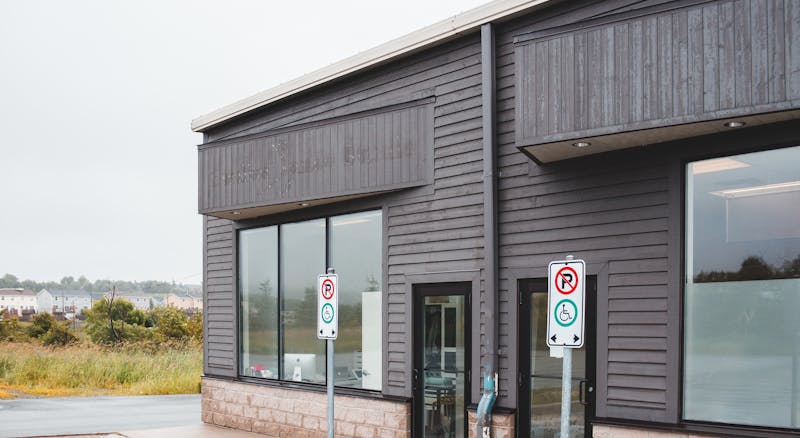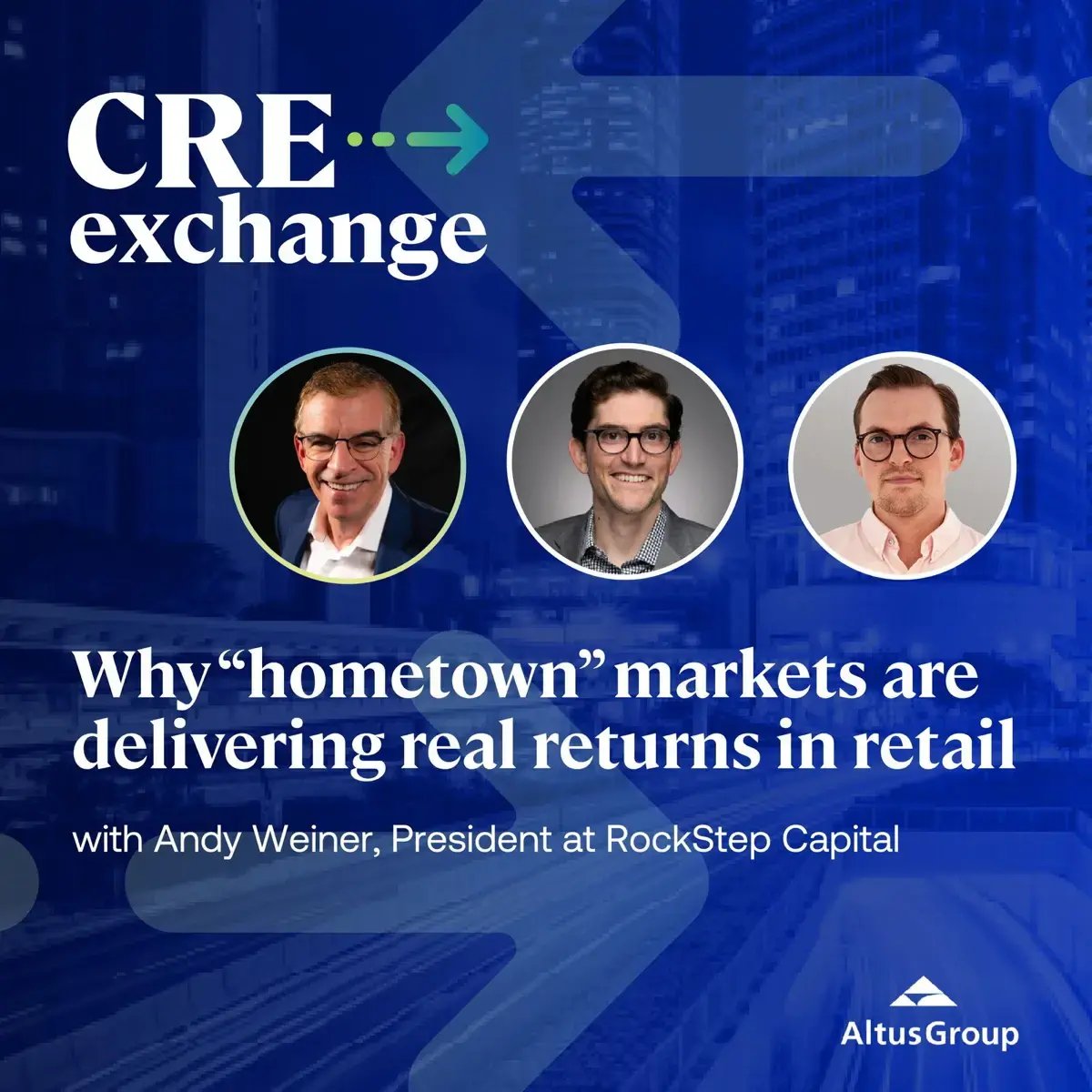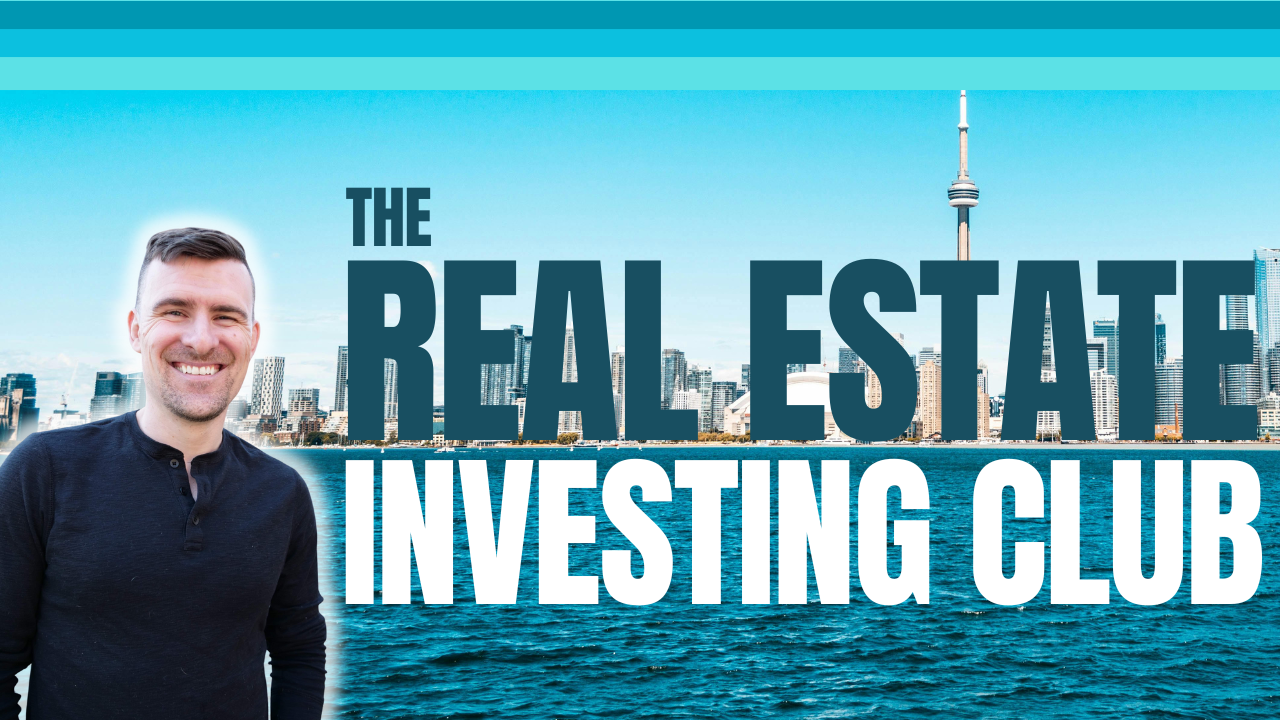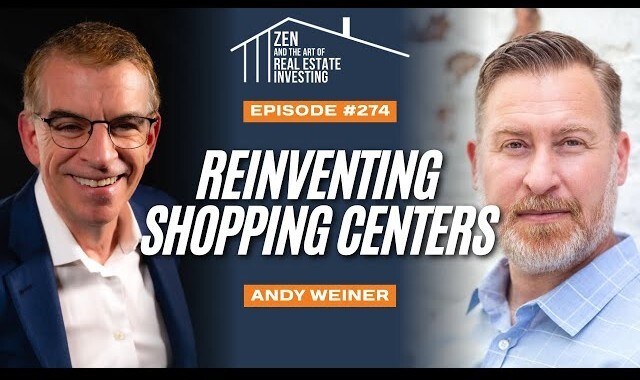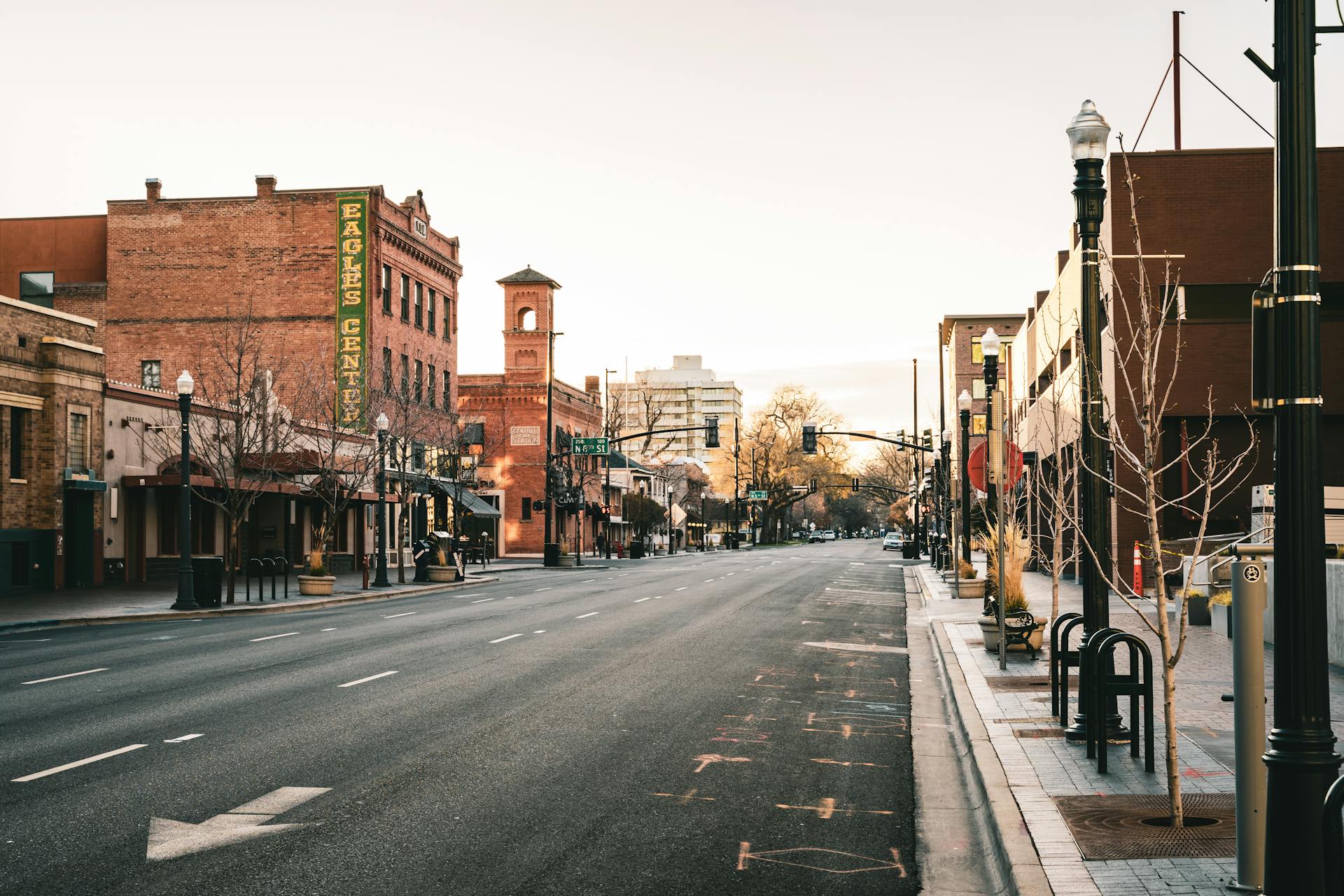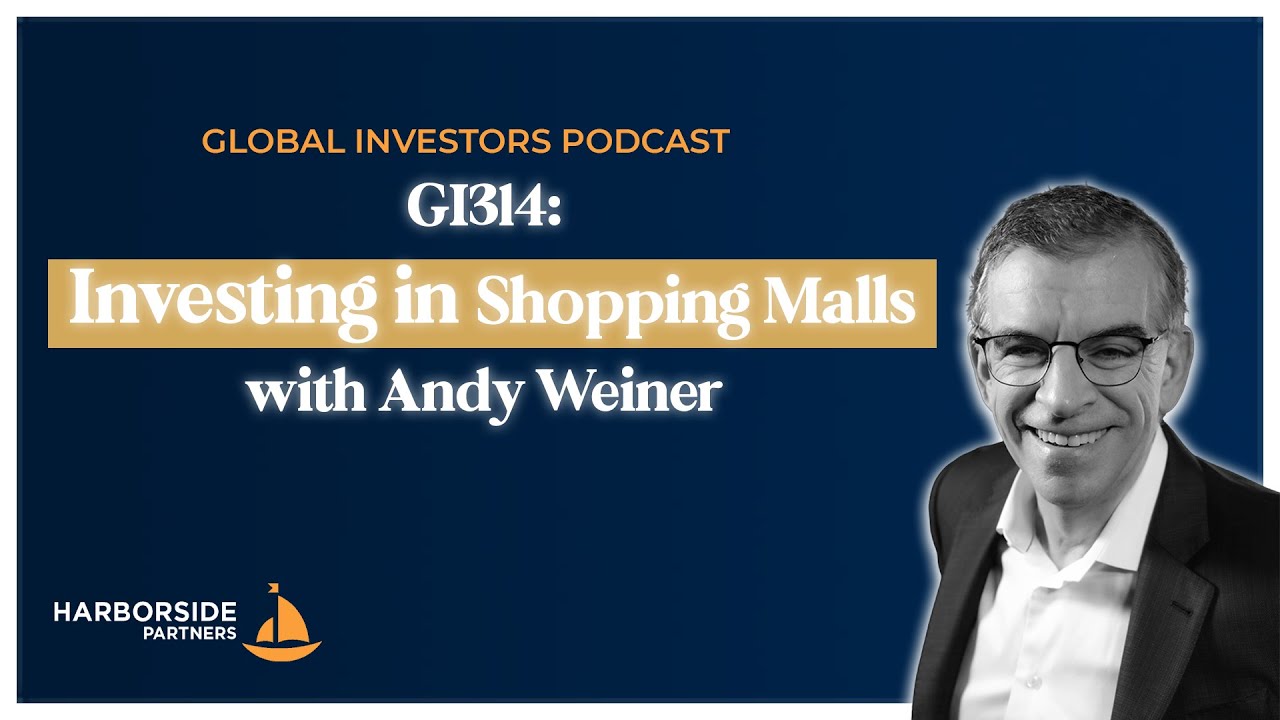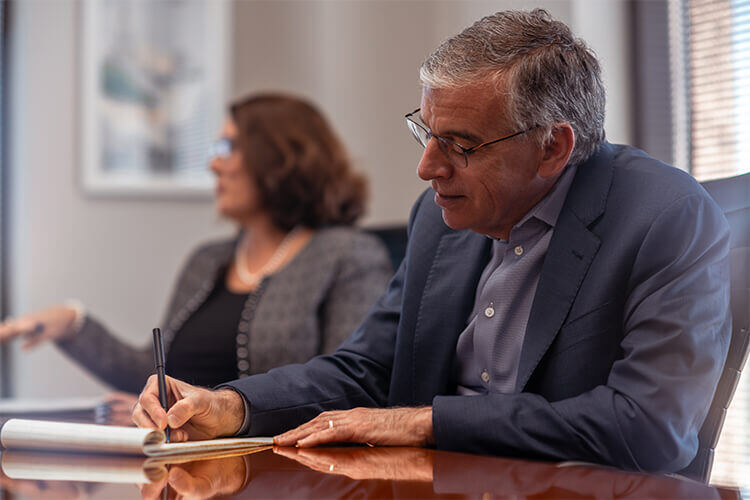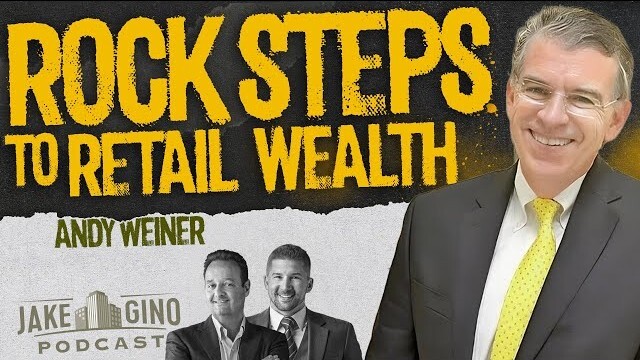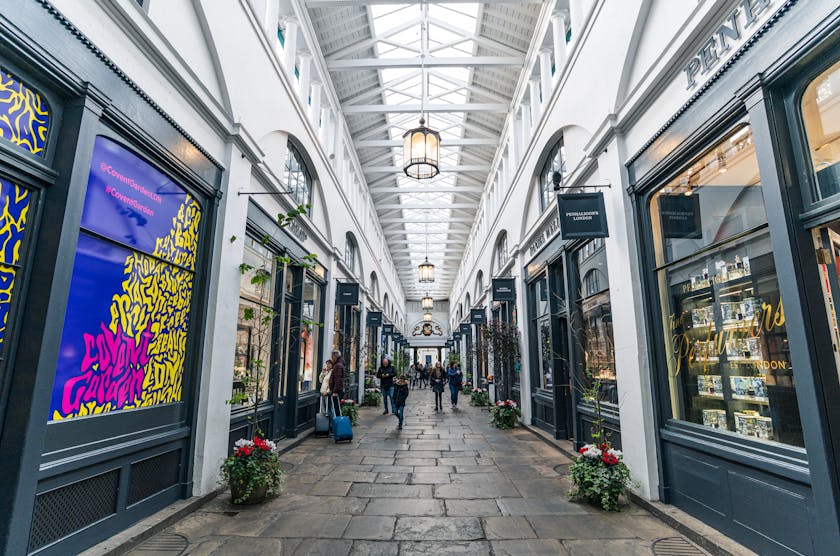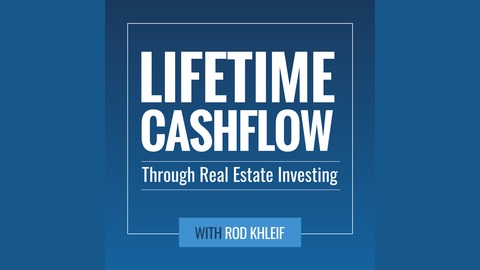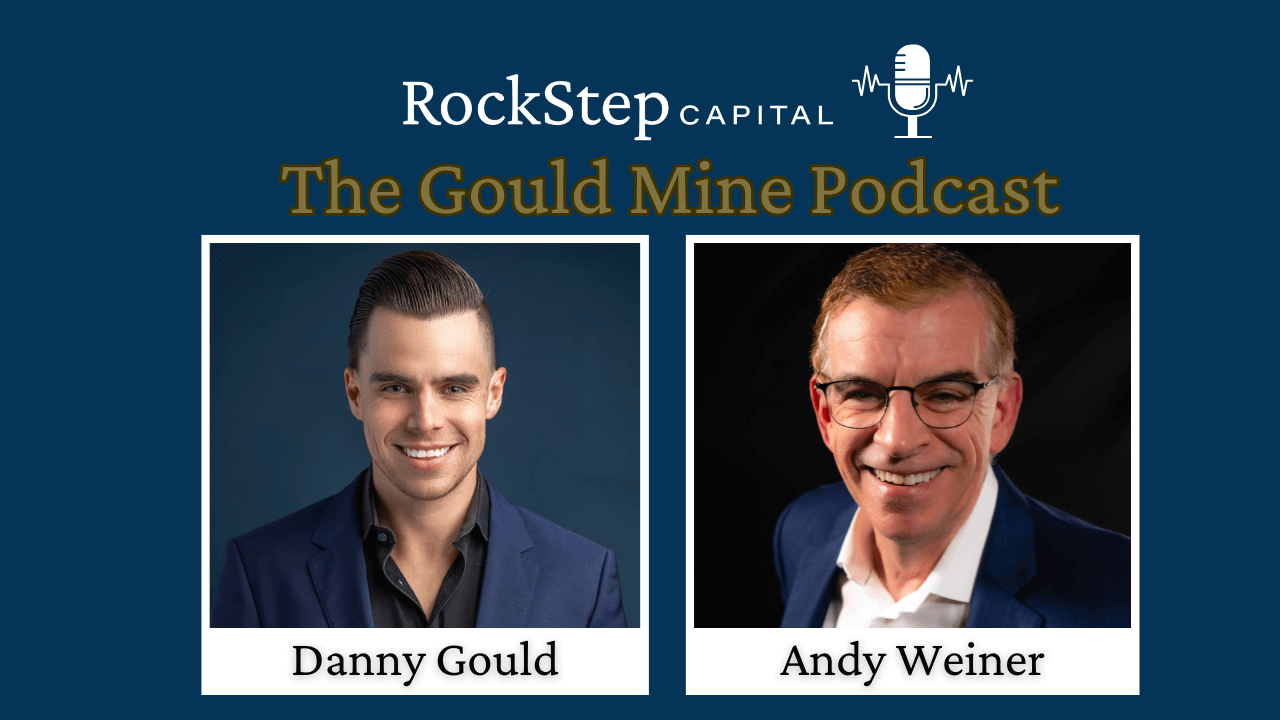
"Our goal has always been to create value and improve communities. Every property we buy comes with a commitment to making it an integral part of its town again. That’s why we require local investors and a local lender—if we can’t get local business leaders to believe in the asset and their community, we won’t buy the property. It’s part of our due diligence process."
RockStep Capital's Winning Formula
RockStep Capital focuses on acquiring and revitalizing shopping centers, particularly enclosed malls, in secondary markets. Weiner explained how his firm ensures long-term success through careful investment strategy and community engagement.
Key elements of RockStep's strategy include:
Local Investment: "It’s not about the money. It’s about having local business leaders feel that they have a stake in an asset that affects quality of life. Our investors help with entitlements, tax incentives, and city relationships, making redevelopment smoother and more effective. They are often on the boards of economic development committees, hospitals, and local colleges, and that gives us an advantage in understanding what a community needs. If we can’t get strong local investors on board, we won’t move forward with a deal."
Adapting to Retail Changes: "Amazon and COVID wiped out the weaker players, but those that survived—like TJ Maxx, Ross, and Hobby Lobby—have figured out how to blend e-commerce with a strong brick-and-mortar presence. Retail isn’t dead—it’s evolving. You can’t compete with Amazon on price, but what these retailers understand is that brick-and-mortar stores now serve as marketing tools, distribution hubs, and customer service centers. It’s a hybrid model, and it works."
Multi-Use Redevelopment: "Some malls remain retail-focused, but others need to integrate different uses. We’re working on projects where we convert unused space into mixed-use developments. In Janesville, Wisconsin, we’re working with the city to build an indoor sports complex with two hockey arenas, a hotel, and multifamily housing right next to a former mall. Every property has a different potential, and we look at how we can reimagine these spaces for long-term community benefit."
Strategic Debt Management: "Retail properties now offer positive leverage. Unlike multifamily or industrial, where borrowing costs exceed cap rates, shopping centers can generate strong returns with well-structured debt. That’s why investors are coming back to retail. You can buy a mall at a 15 or 17 cap and borrow at 7 or 8 percent, meaning your cash-on-cash returns are through the roof. The best part? The tenants that remain in these malls are the strongest they’ve ever been because the weaker ones have already been wiped out."
The Retail Renaissance: What's Next For Shopping Centers
Weiner highlighted how changing investment trends have shifted the focus to retail properties. He mentioned how, for many years, investors underestimated retail and instead focused on multifamily and industrial real estate. However, retail is now a favored factor once again because it does two things: offers strong returns and limited new supply.
"Look around—there’s new apartment construction everywhere. There’s new industrial space popping up constantly. But where’s the new retail? There isn’t any. That means that those of us who already own well-located retail centers are in an incredibly strong position."
Retailers are also changing their approach to physical locations.
"Stores aren’t just for transactions anymore—they serve as marketing and fulfillment centers. Even brands that started online, like Warby Parker, are opening stores because they realize the value of having a physical presence. If you’re a consumer, it’s more convenient to order online and pick up in-store, especially with rising shipping costs. That’s why brick-and-mortar isn’t going anywhere."
RockStep Capital is at the forefront of this transformation, revitalizing malls in secondary and tertiary markets by bringing in stronger tenants, optimizing layouts, and incorporating mixed-use elements.
"We don’t just acquire properties—we create sustainable, profitable assets that benefit investors and communities alike. And we do it with a strategy that is both profitable and practical. We’re not just buying malls; we’re reinventing them."
Final Takeaway: Why Retail is Thriving Again
Weiner’s conversation with Danny Gould provided a deep dive into how retail investment is evolving and why shopping malls still present significant opportunities. Andy Weiner asserts that HomeTown America is a very special place.
"People care about their communities, and we want to be part of that transformation. We’re not just investing in real estate; we’re investing in the future of these towns. When we take over a mall, we’re not just thinking about short-term profits—we’re thinking about what that property can be five, ten, or twenty years down the line."
For those interested in learning more about RockStep Capital's unique approach to investing in shopping centers in HomeTown markets, Andy Weiner encourages reaching out to him directly at andyweiner@rockstep.com or connecting through RockStep's website, rockstep.com.
"Our approach is simple: we reduce risk, we build community support, and we create long-term value. That’s why we’ve been able to thrive in a space that so many others have abandoned. Retail is here to stay, and we’re excited to be leading the charge."
Topics:






